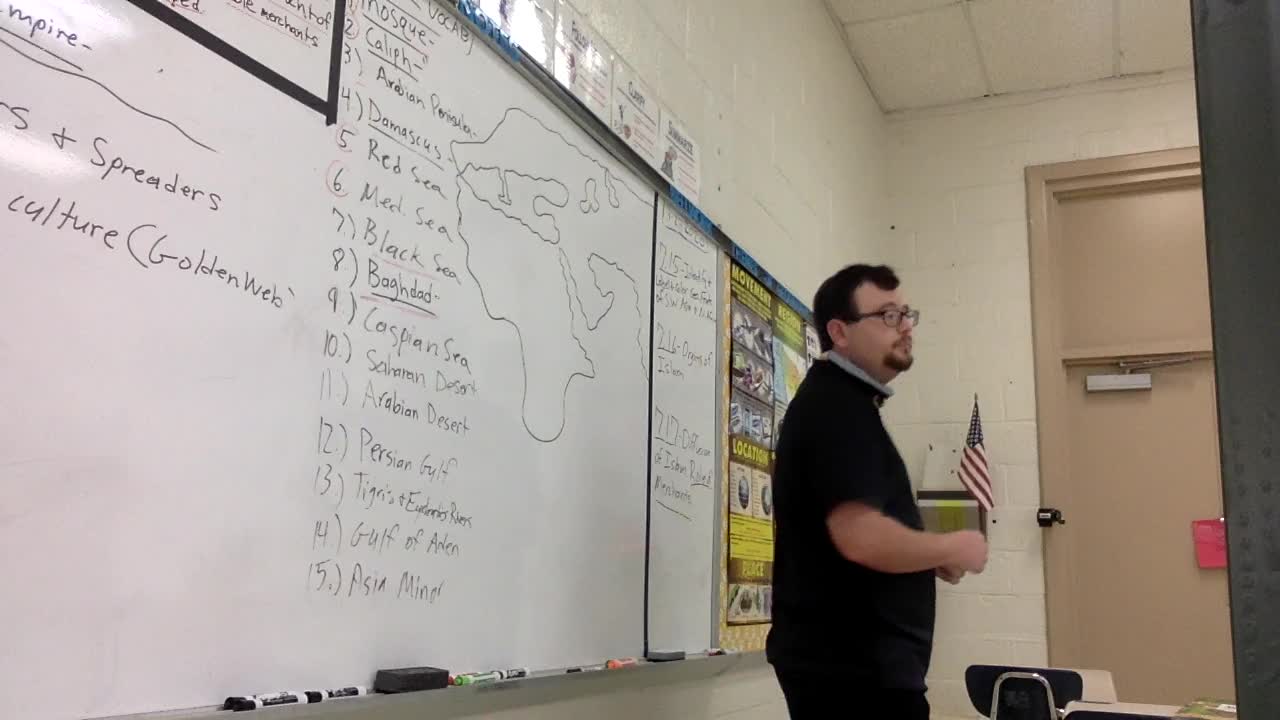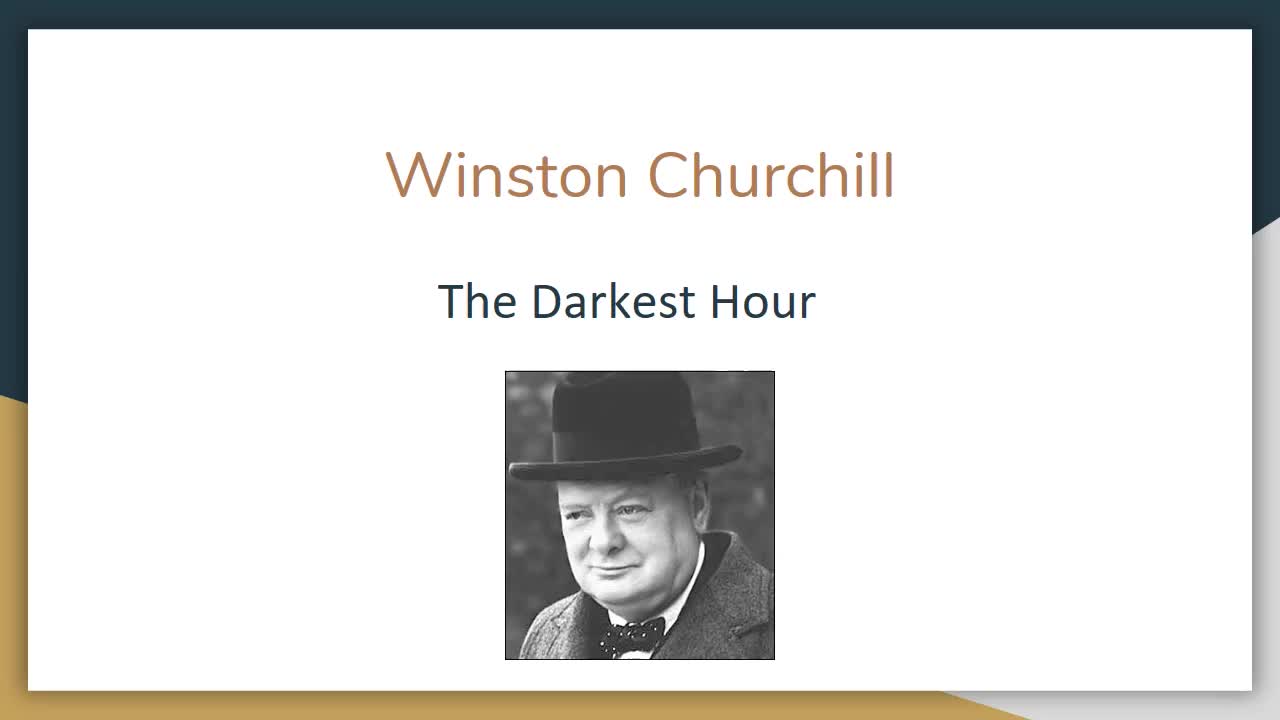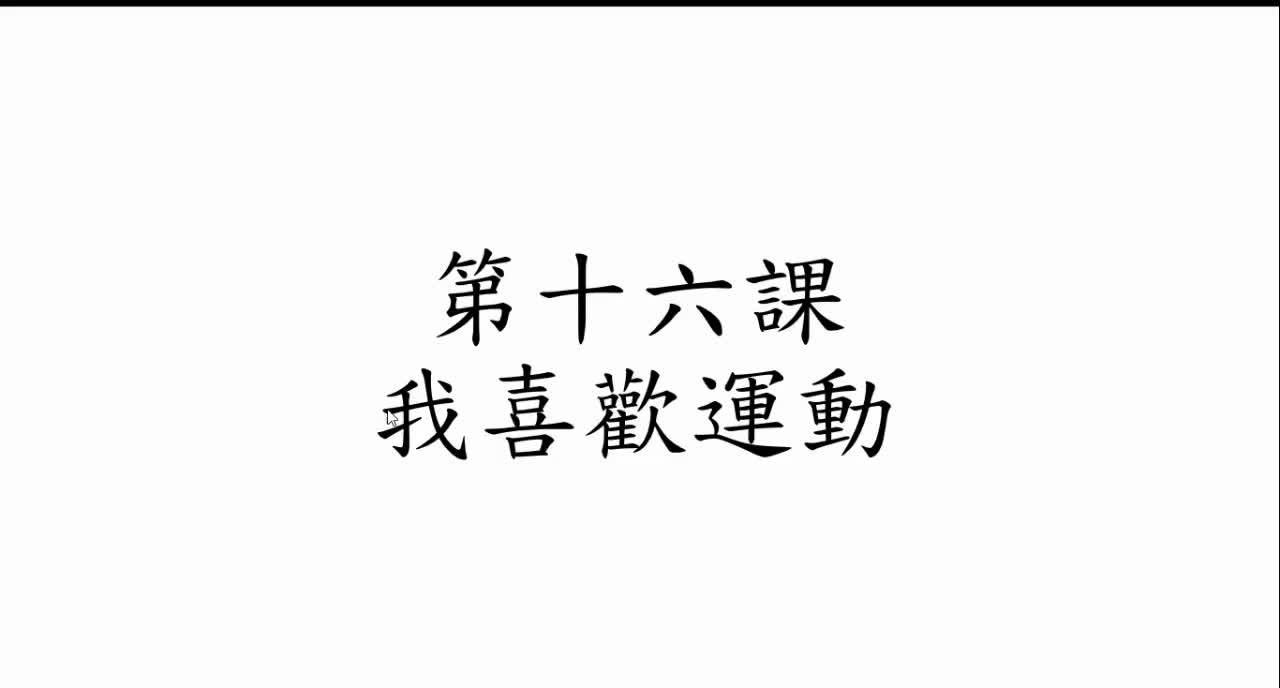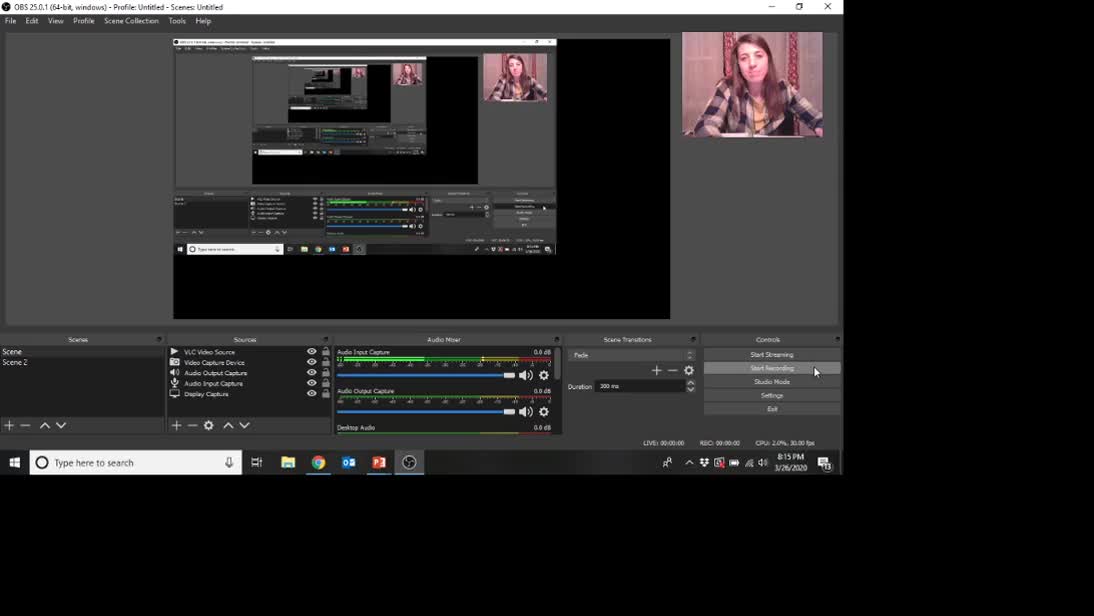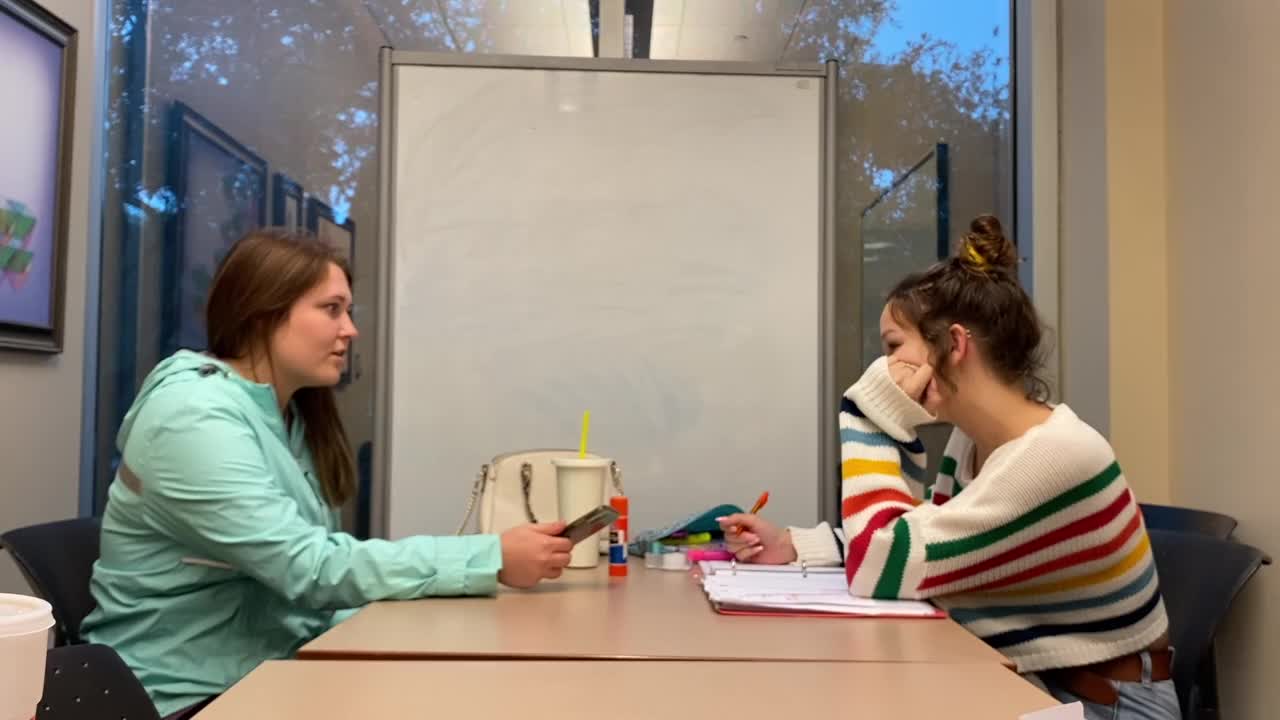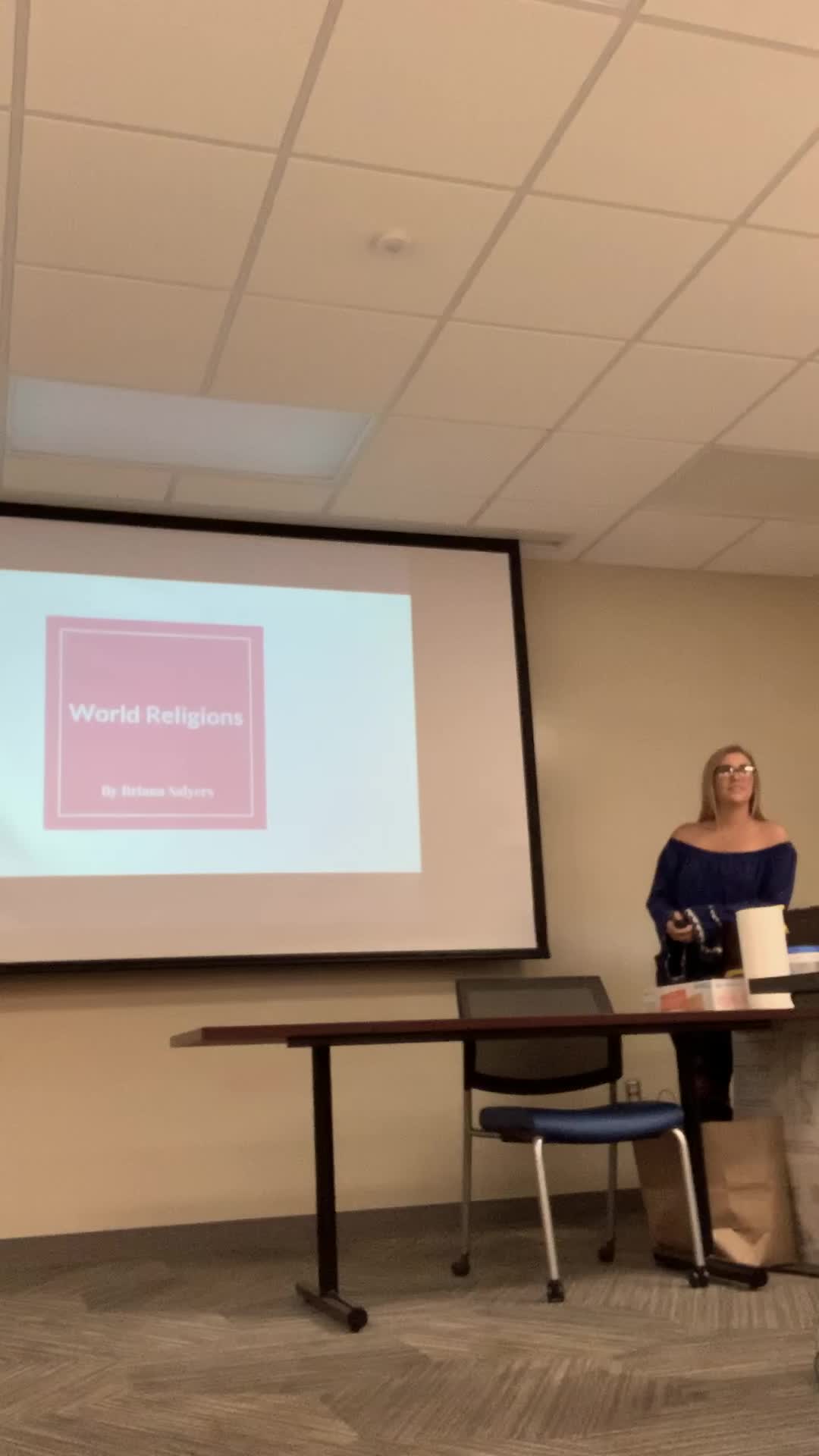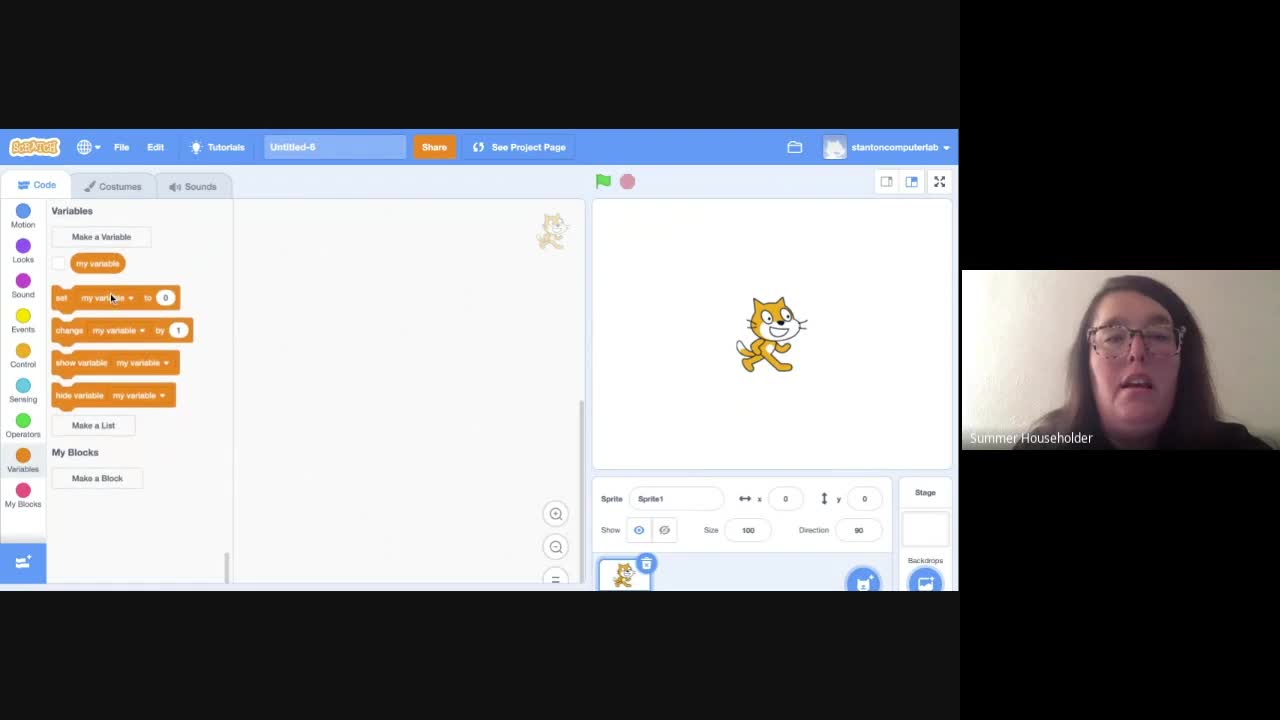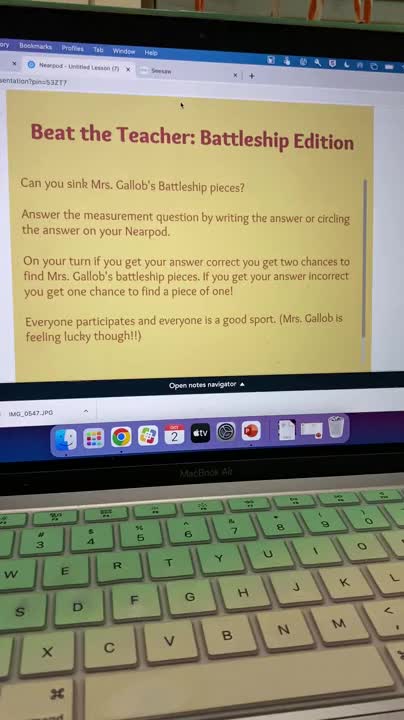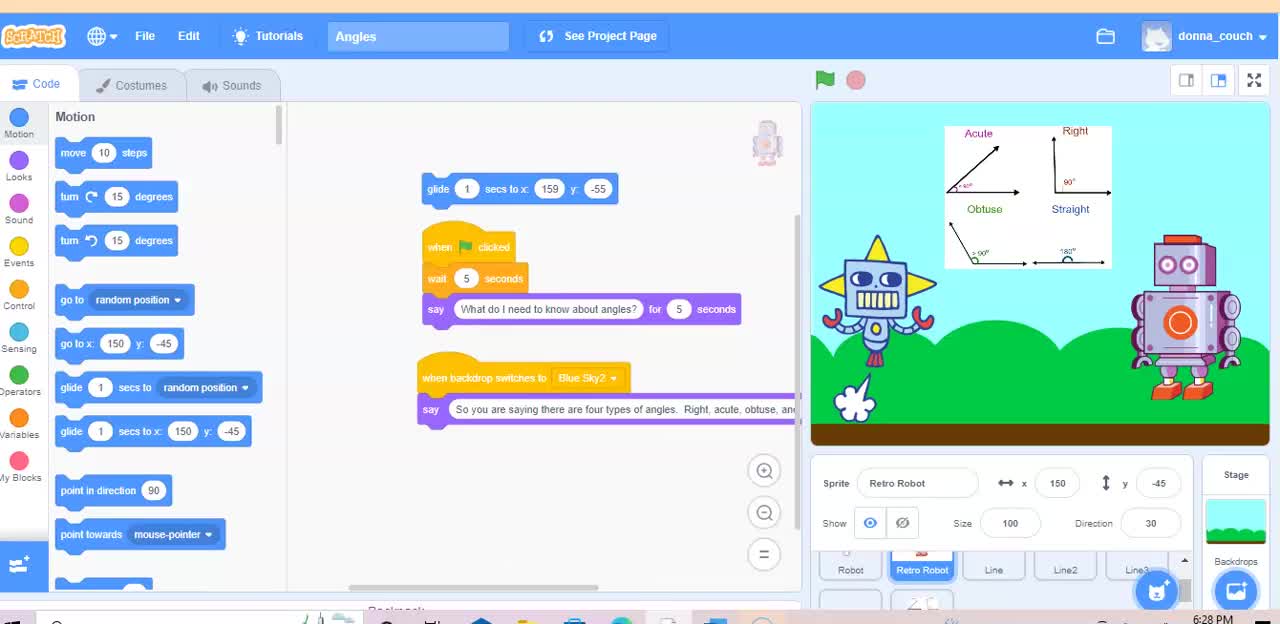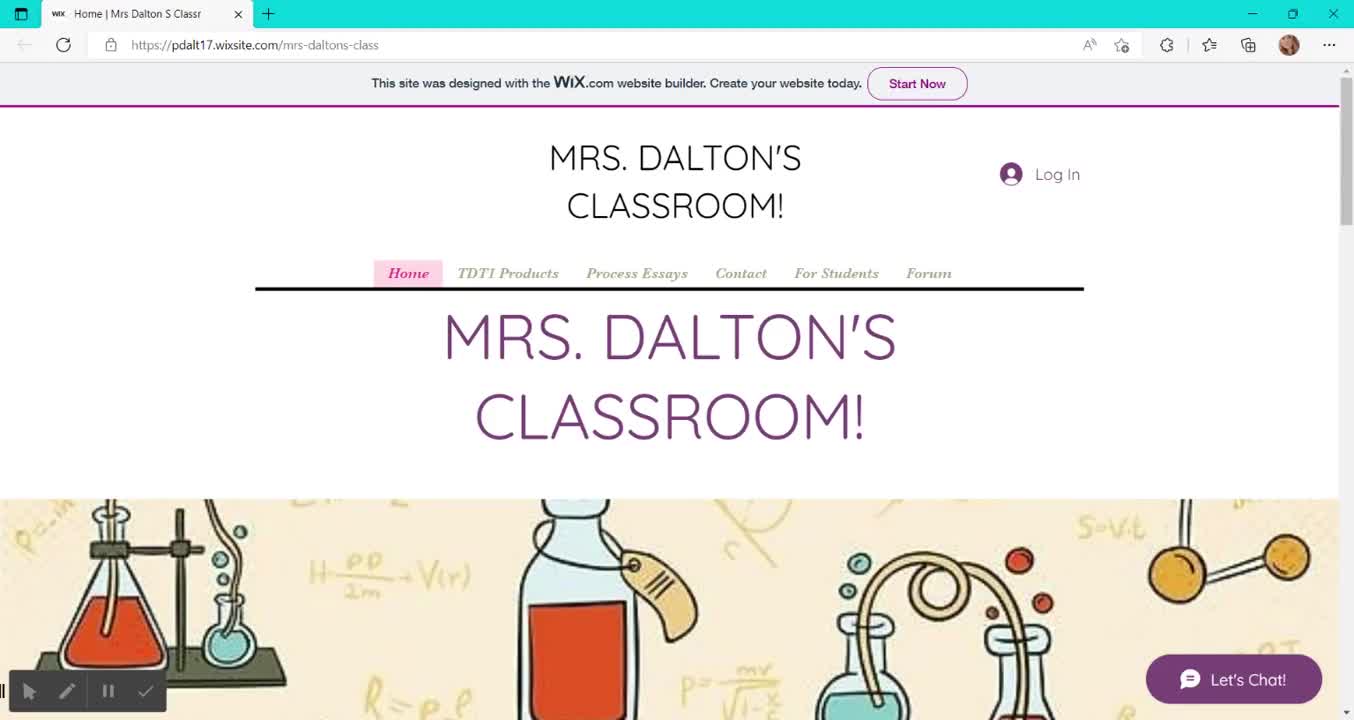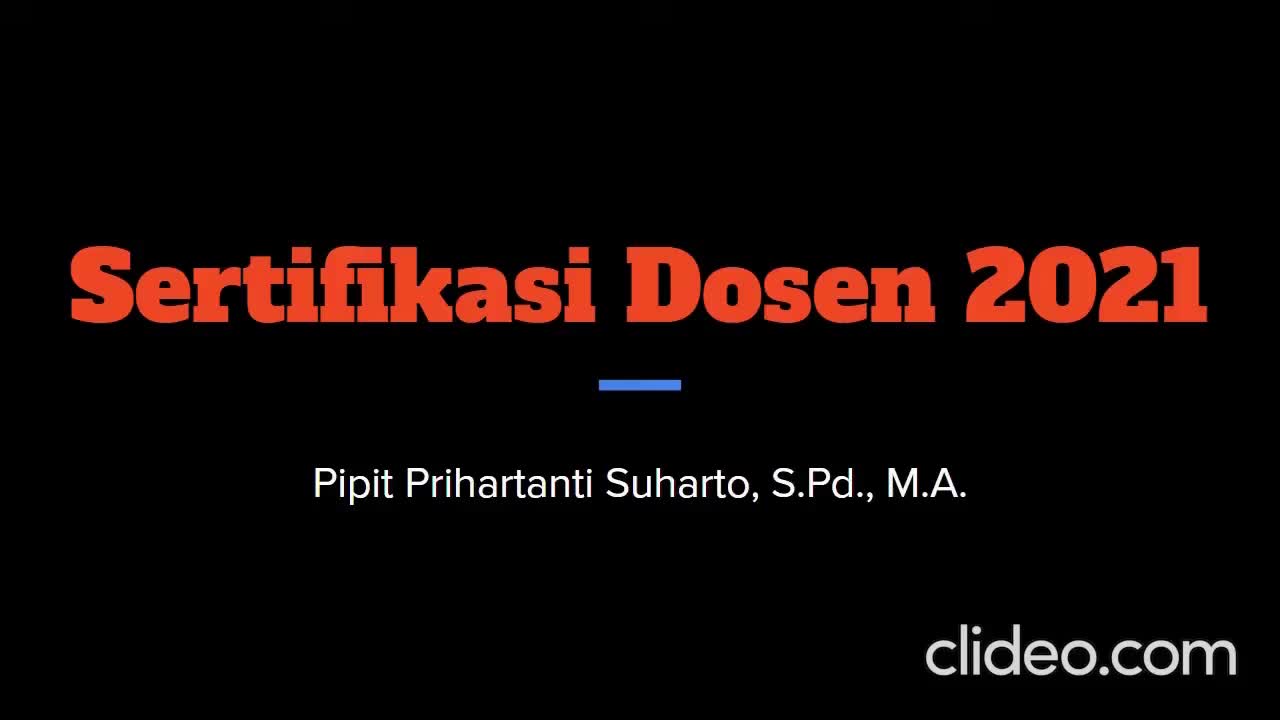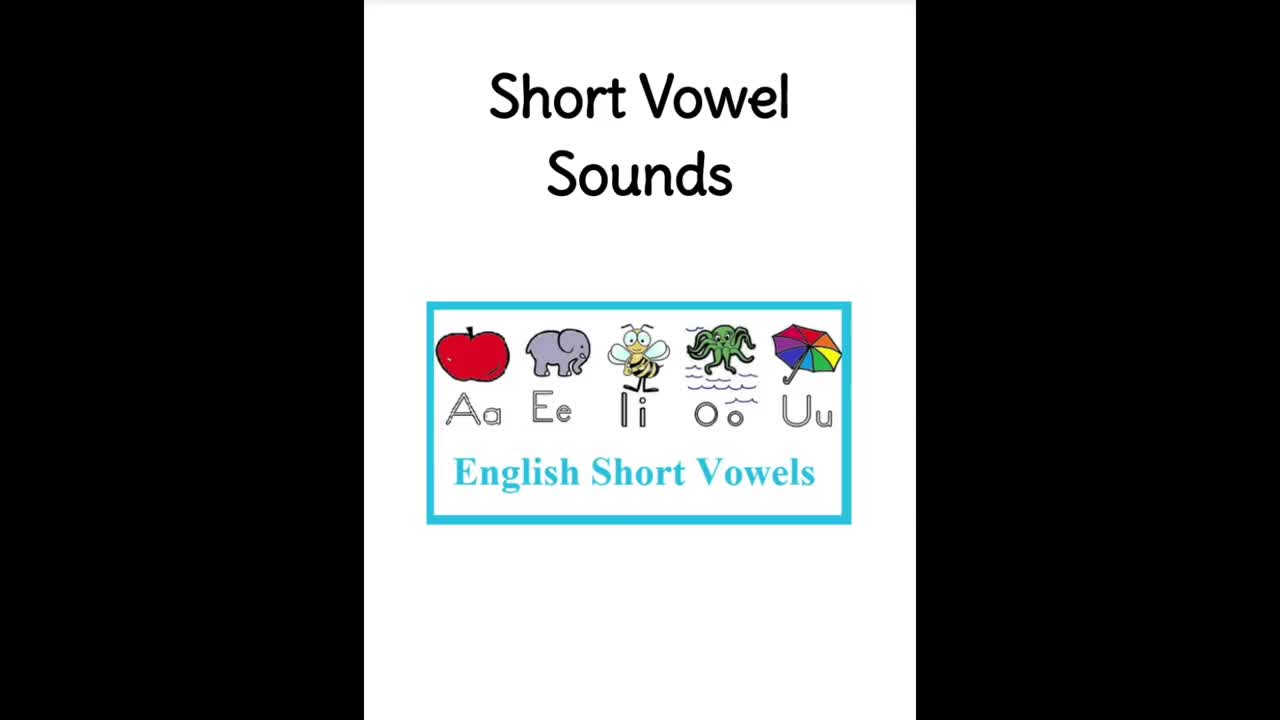Reader Response
College and University / Religion
According to reader response theory, when you analyse a text, the place where you will find its meaning is in the reader’s mind and world, and not in the author’s mind and world, or in the text itself. It relates to audience. The text really has no real meaning until somebody reads it. But everybody is different, so everybody will have a different response to a text. So, how can we come up with a meaningful interpretation of a text using this theory? One way is to imagine that we are the “ideal reader” of the text, and to comment on how we would respond to it, given that. Who is the intended audience of this text? What would the ideal reader do with this text? In what way might this text be read by a variety of readers? What expectations do you have of the text? Are they fulfilled, redirected, or denied? But it is also possible to do reader response criticism as an individual. What do you bring to the table? How do your thoughts, beliefs, life experiences, etc. influence your response to the text? Remember: it is not about whether or not you like the text; rather, it is about what meaning you can find in the text, how you can interpret it. If you want to read a text like a reader response theorist, reflect on how you, or the text’s intended audience, might interpret it, given your age, social context, life experiences, etc. Think about what you (or the intended audience) expect to happen in the text, and see if these expectations are fulfilled or not.


